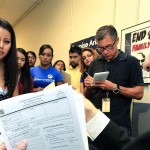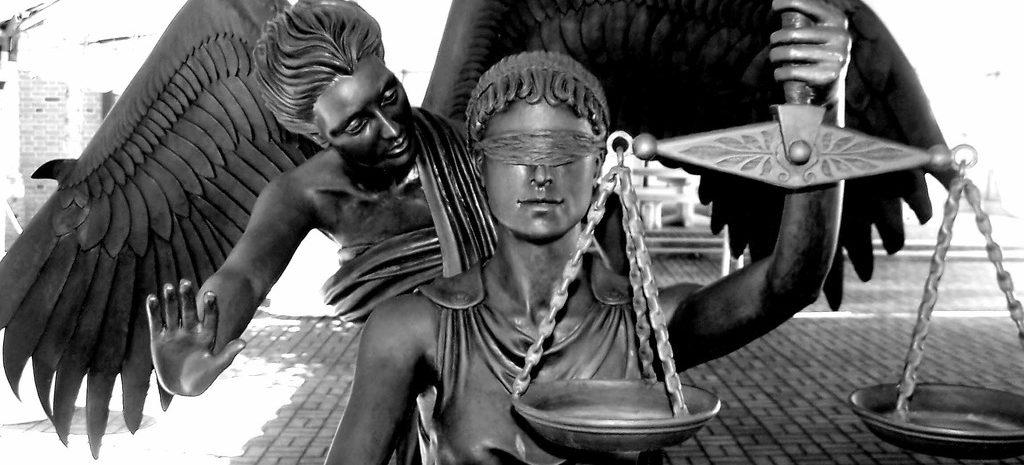Your daily ration of civil justice rationing
Senator Seeks Cameras In Fed. Courts
Roberts Promises Supreme Court E-filing
Immigration Judicial Complaints Remain Cloaked
Immigration Backlog Shows Need For More Lawyers

This photo was part of an NBC News report (12/14/14), “Demand Intensifies for Nonprofit Immigration Lawyers” discussing how the US immigration system is seriously lacking in how it represents the poor.
NBC News is among those taking a look back at 2014 and finding the country’s immigration system seriously lacking in how it represents the poor. Says NBC, “… the past summer’s flocking of children and families to the U.S.-Mexico border, the president’s impending executive action on immigration and the two-year-old Deferred Action for Childhood Arrivals, DACA, have intensified demand for immigration attorneys, particularly those who charge little to nothing. With each success, they amplify the difference good legal help can make in the lives of immigrants.”

